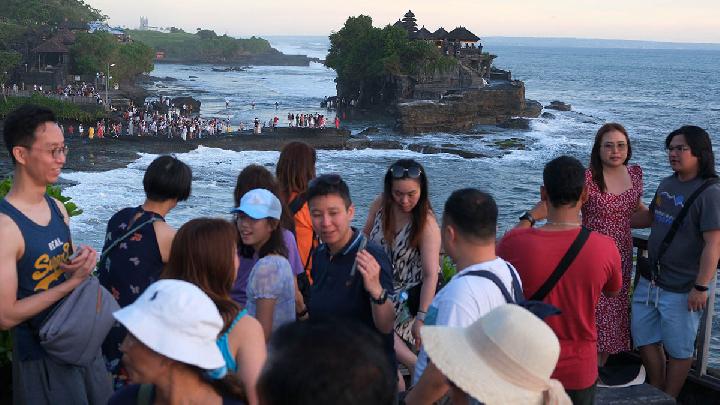The recent regulations in Bali banning the construction of tourism facilities on productive land are set to reshape the island’s landscape significantly. These changes aim to preserve esteemed agricultural lands while addressing the rising tourism industry demands.
New Regulations on Tourism Facilities
The Provincial Government of Bali has officially stated that starting in 2025, no permits will be granted for constructing tourism facilities on productive land. Bali Governor Wayan Koster took a significant step by signing this directive and expressed his determination to work closely with local authorities to ensure the implementation of these regulations. This initiative represents a broader strategy to balance the needs of both the tourism sector and agriculture, aiming for sustainable development.
Context of the Decision
Governor Koster’s decision is not just a reaction to environmental concerns but also part of a comprehensive clean-up program initiated during his second term. This is in line with the Bali Long-Term Development Plan, which aims at preserving the island’s cultural and natural heritage over the next century. The governor has indicated his readiness to face criticisms regarding this controversial decision, highlighting that the preservation of Bali’s unique landscapes and agricultural viability is a priority.
As part of this initiative, actions have already begun to address existing constructions that do not adhere to regulations. For example, building owners at Step Up Jimbaran have been requested to lower the height of their structures. Additionally, violations at Bingin Beach have led to nearly 50 demolitions of non-compliant tourist establishments.
Financial and Economic Implications
While these regulations promote environmental sustainability, they also prompt discussions regarding their implications for the tourism sector’s economic prospects. Governor Koster emphasized that along with halting new constructions, previous legislation would also be enforced to dismantle existing accommodations that encroach upon protected areas.
Specifically, business operators at Bingin Beach experienced firsthand the governor’s commitment, as he actively participated in overseeing demolitions. This hands-on approach signals to both business owners and travel-related companies that the administration is serious about ensuring compliance with land use laws.
Seeking Collaboration with Local Government
The governor has called upon the Bali Regional House of Representatives for support in executing his clean-up strategy. This partnership is critical, particularly as it aims to manage the transition towards sustainable tourism effectively. The governor also seeks to eliminate businesses deemed inappropriate— such as certain closed spas and massage parlors that could tarnish Bali’s reputation as a premier travel destination.
In response, local representatives expressed their desire for transparency regarding which establishments will be affected moving forward, emphasizing the importance of considering the interests of existing business property owners.
Impact on Travelers and Transport Services
The new regulations will inevitably lead to a shift in the travel landscape. As space for new tourism facilities diminishes, travel services will likely need to adapt by offering unique options that stand out. Companies like LocalsRide, which allow users to select specific vehicles and view detailed information such as make and model, can play a pivotal role in this new environment. Providing transparency in vehicle choices becomes even more crucial as the market adjusts to fewer destinations for accommodation.
Slutsats
In summary, Bali’s commitment to protecting agricultural lands while managing its thriving tourism sector marks a significant milestone for sustainable development. The regulations prohibiting the construction of tourism facilities on productive land aim to preserve the island’s cultural and agricultural identity. Travelers may need to be mindful of these changes and their resulting impact on available accommodations and travel services. Navigating this new terrain could be smoother by utilizing platforms like LocalsRide, which empower travelers to hire cars with drivers from verified providers at affordable prices. This process not only enhances the travel experience but also ensures transparency in selection and pricing, all of which is crucial in these evolving times. Book your ride with LocalsRide.com today for the best offers!

